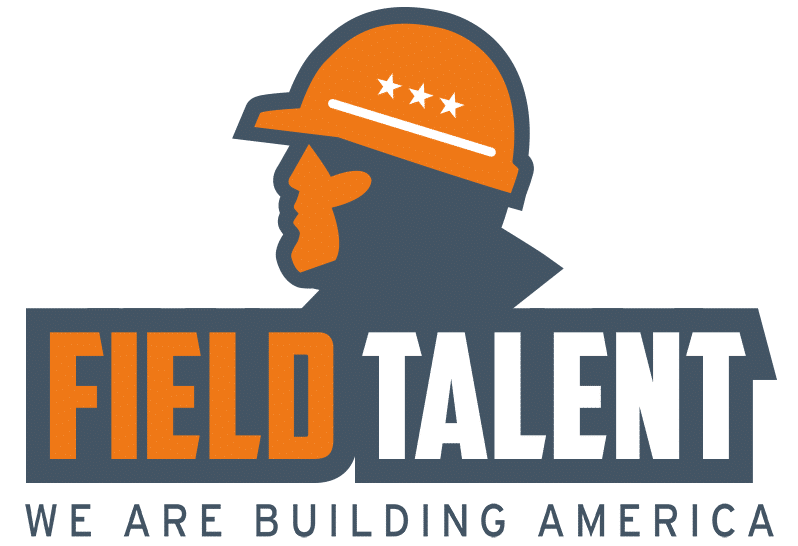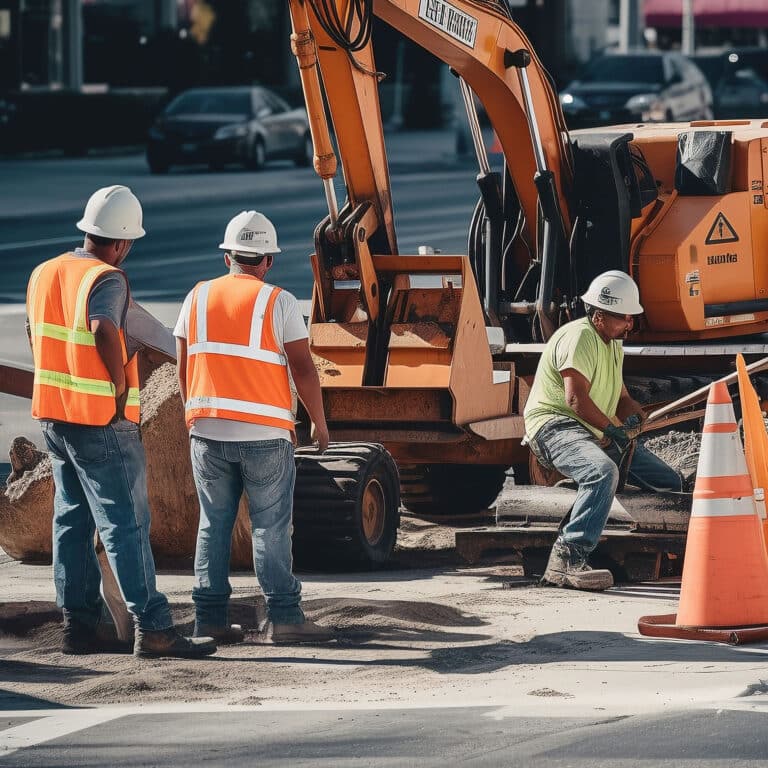Ongoing engagement in professional development is important for construction workers. Regular education and training support increased income and career growth.
Regular participation in professional development helps construction workers stay current on industry news, technologies, and best practices. Application of this knowledge enhances worksite safety and increases a worker’s competitive edge.
Discover why professional development is important for construction workers.
Elevated Safety
Professional development involving safety regulations, protocols, and best practices reduces worksite accidents and injuries. The information might cover hazards such as falls, electrocution, or equipment malfunction. As a result, workers who apply what they learn support a safer, more productive work environment.
Skill Development
Professional development lets construction workers increase their technical skills. Adding to their knowledge and skill sets lets them take on more responsibilities. Increasing skill sets and experiences qualify workers for additional jobs with higher incomes.
Regular skill development helps construction workers efficiently and accurately complete their tasks. These factors support quality work.
Examples of technical skill development include:
- Carpentry: Study techniques to measure, cut, and join materials. Also, learn about different types of wood and their applications to construct sturdy, aesthetically pleasing structures.
- Masonry: Learn to lay bricks, stones, and concrete blocks to build walls, foundations, and other structures. Also, study mortar mixing and proper curing techniques to build durable structures.
- Plumbing: Study pipe materials, fittings, and installation techniques. Also, learn to read blueprints and interpret plumbing codes to install and maintain plumbing systems.
Management Training
Professional development helps construction workers advance to management roles. Workers can develop their communication, decision-making, and leadership skills to manage teams, execute projects, and drive success:
- Management training educates construction workers on leadership styles and techniques.
- The workers learn to clarify goals and expectations, motivate team members, and delegate tasks.
- Construction workers develop their strategic thinking and problem-solving skills.
- The workers learn to analyze situations, make informed decisions, and minimize risks.
- Construction workers become knowledgeable about project management methodologies, budgeting, and resource allocation.
Career Advancement
Professional development supports knowledge and skill development. Workers who apply what they learn provide additional value for their employers. As a result, they can take on additional responsibilities, increase their income, and earn promotions.
For instance, earning construction licenses and certifications demonstrates expertise and credibility. These factors make workers more attractive to employers.
Workers might become licensed or certified in project management, construction technology, or other specialized areas. Then, they can pursue advanced roles with increased income.
Competitive Edge
Professional development helps workers remain current on new construction technologies, materials, and regulations. Other topics include safety practices and techniques to improve efficiency and the quality of work. Workers who regularly learn about the construction industry remain competitive within the job market.
Are You Looking for a Construction Job?
Partner with Field Talent to find your next construction job. Visit our job board to apply for a role today.




